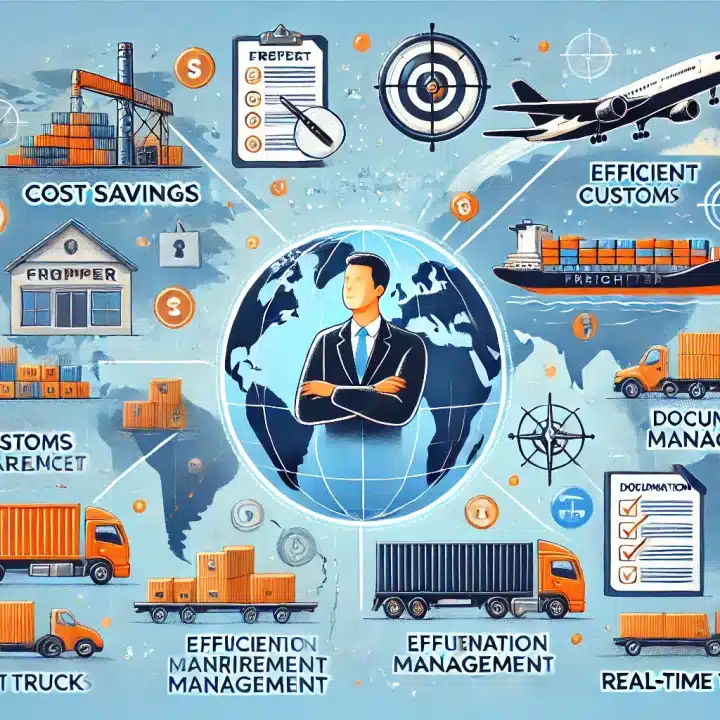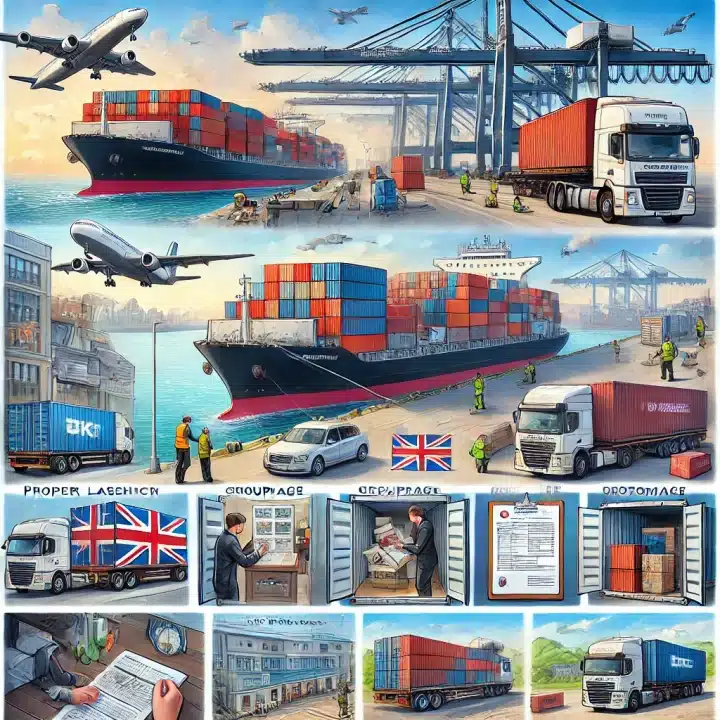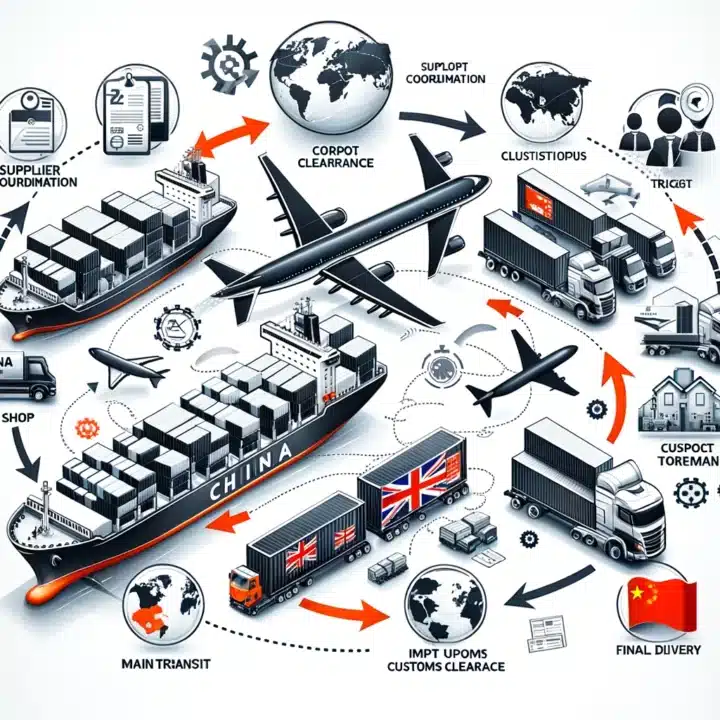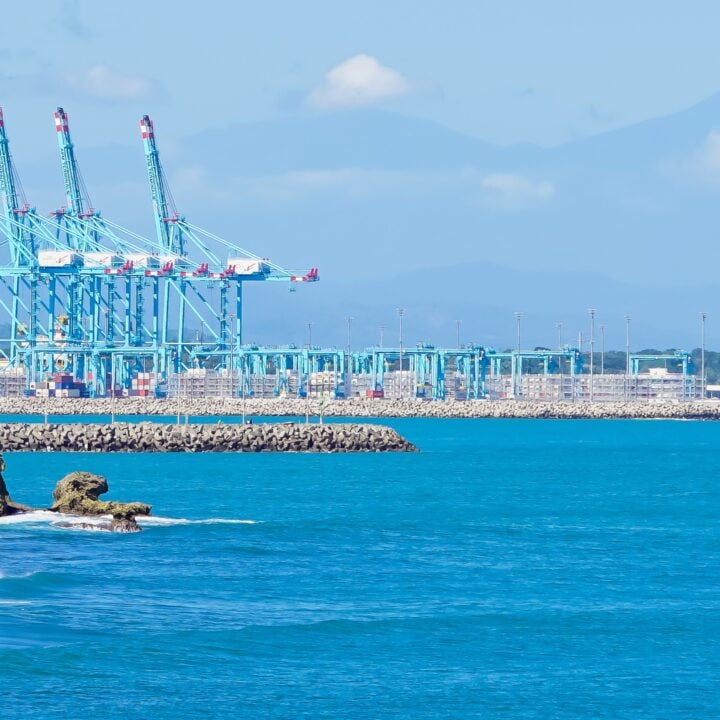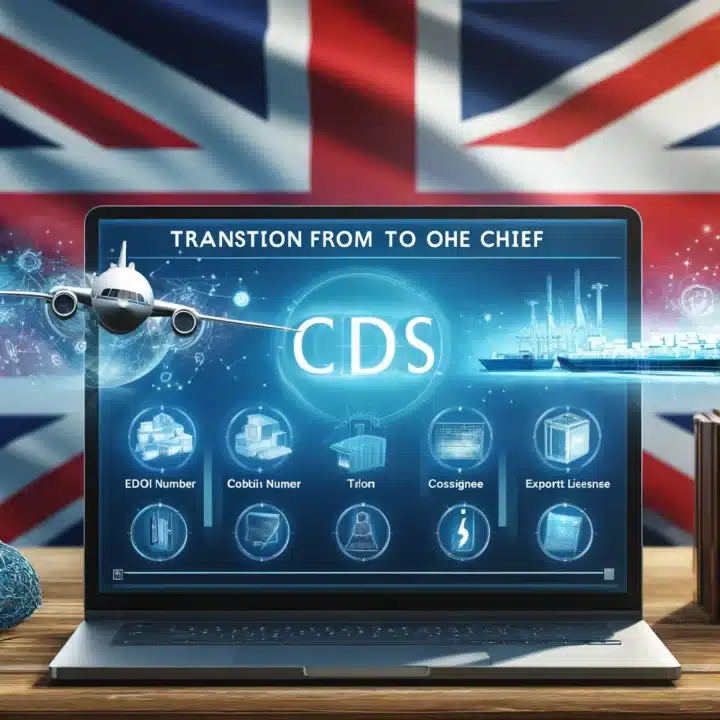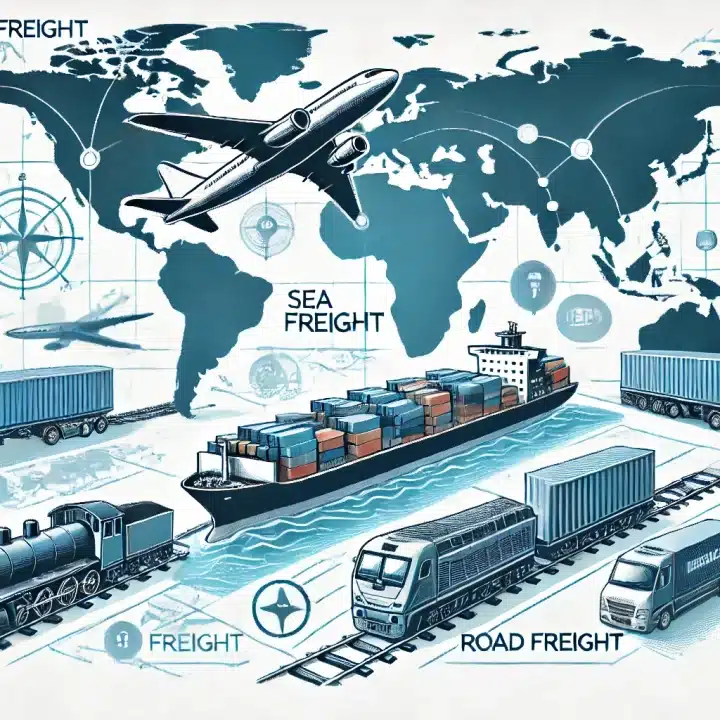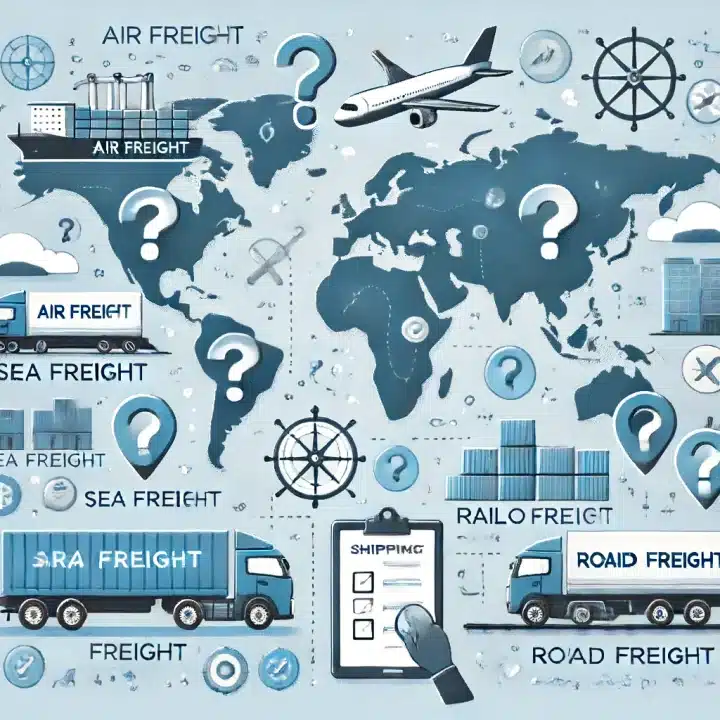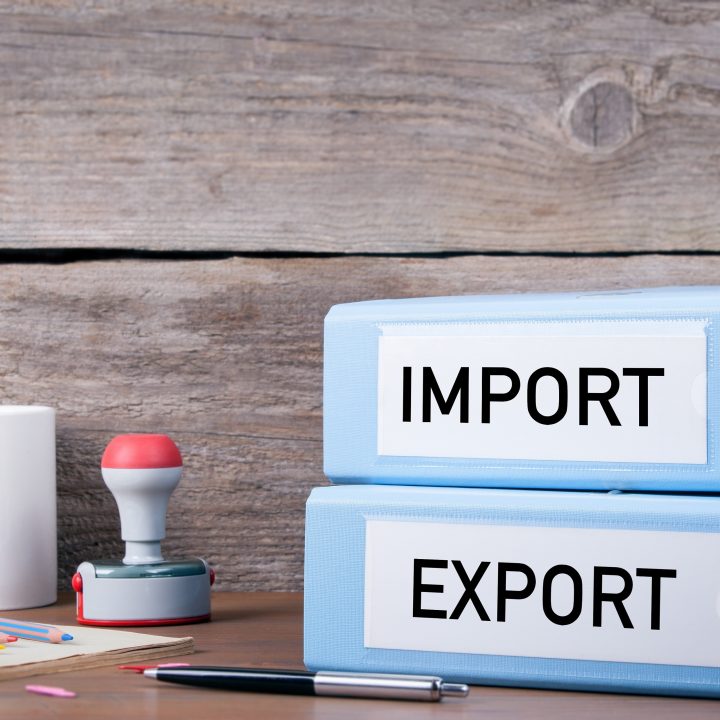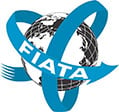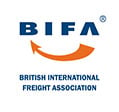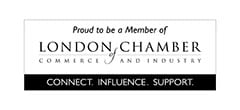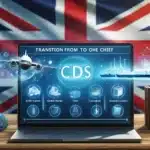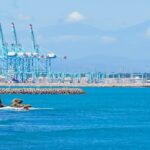
Navigating Import Documentation and Requirements with Milky Way Logistics
At Milky Way Logistics, we understand that navigating the complexities of import documentation and requirements can be daunting. Our goal is to help you simplify this process and maximize the benefits of international trade agreements, such as the UK-EU Trade and Cooperation Agreement (TCA). Below is a comprehensive guide to help you understand the essentials of import documentation, tariff codes, duties and VAT, rules of origin, and more.
Import Documentation and Requirements
When importing goods, accurate import documentation is crucial to ensure compliance with customs regulations and to avoid delays and penalties. Key documents include:
- Commercial Invoice: Details the transaction between the seller and the buyer.
- Packing List: Specifies the contents of the shipment.
- Bill of Lading: A legal document issued by the carrier to acknowledge receipt of cargo for shipment.
- Certificates of Origin: Verify the origin of the goods, essential for claiming preferential tariffs under agreements like the TCA.
- Import Licenses: Required for certain goods, depending on their nature and origin.
Tariff Codes
Tariff codes, or Harmonized System (HS) codes, classify goods and determine the applicable tariffs and duties. Accurate classification is essential in import documentation:
- HMRC Trade Tariff Tool: Use this tool to find the correct HS code for your products.
- Customs Intermediaries: Consider using intermediaries to ensure accurate classification and avoid costly errors.
Duties and VAT
Understanding duties and VAT is crucial for cost-effective importing which is calculated as per the details presented in the import documentation:
- Customs Duties: Taxes imposed on goods when they are transported across international borders. The rate depends on the HS code and the origin of the goods.
- VAT: Import VAT is charged at the same rate as the domestic sale of goods. The importer is responsible for paying the VAT to HMRC.
Rules of Origin
The Rules of Origin (RoO) determine whether goods qualify for preferential tariffs under trade agreements:
- Wholly Obtained or Substantially Transformed: Goods must either be wholly obtained in the UK or EU, or substantially transformed within these regions to qualify for zero tariffs.
- Import Documentation: Maintain accurate records, including certificates of origin, to prove compliance with RoO.
Benefiting from UK-EU TCA Zero Tariff
To benefit from the zero tariffs under the TCA:
- Prove Origin: Ensure your goods meet the RoO criteria.
- Correct Classification: Use the correct HS codes in import documentation and accurately record the origin in customs declarations.
- Utilize Preferential Rates: Claim the preferential tariff rates by providing the necessary documentation.
UK-EU Customs Processes
Post-Brexit, the UK and EU have implemented new customs processes:
- Customs Declarations: Required for all goods exported from or imported into the UK. Ensure all declarations are accurate and complete.
- Safety and Security Declarations: Mandatory for imports and exports. The UK will start requiring these declarations for EU imports from October 2024.
Border Target Operating Model
The UK Government’s Border Target Operating Model aims to simplify and digitize customs controls:
- Risk-Based Approach: Focus on medium-risk animal products, plants, and high-risk food and feed of non-animal origin from the EU.
- Implementation Timeline for Import Documentation:
- January 2024: Health certificates for certain products.
- April 2024: Full SPS checks on EU imports.
- October 2024: Safety and security declarations for EU imports.
Overview of Customs Special Procedures
Customs special procedures offer various benefits to businesses:
- Inward Processing: Allows goods to be imported for processing and re-exported without paying import duties.
- Outward Processing: Permits the temporary export of goods for processing and re-importation with partial or full duty relief.
- Customs Warehousing: Enables storage of goods without paying import duties until they are released for domestic use.
Conclusion
Navigating the complexities of import documentation, tariff codes, duties and VAT, and customs processes can be challenging. At Milky Way Logistics, we are committed to helping you streamline your operations and maximize the benefits of the UK-EU Trade and Cooperation Agreement. By staying informed and utilizing our expert services, you can ensure compliance and cost-effectiveness in your international trade activities.
